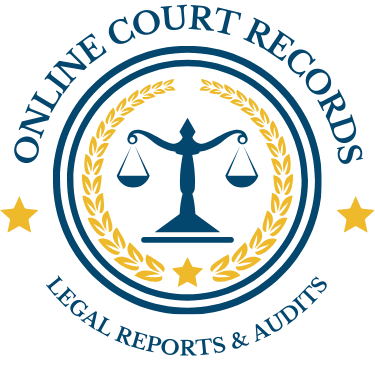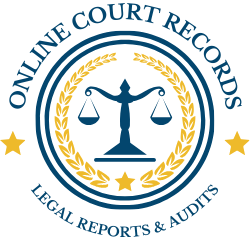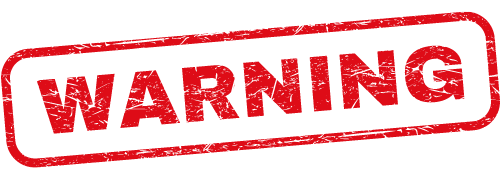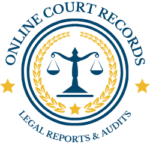A court is a legal institution where disputes are resolved, and justice is administered according to the law. It is an essential component of the judicial branch of government, providing a formal setting in which parties can present their cases, evidence is examined, and legal judgments are made by judges or, in some cases, juries. Courts are empowered to interpret and apply laws, resolve disputes, and, in criminal cases, determine guilt or innocence and assign penalties to those convicted.
Courts operate at various levels, including local, regional, national, and international, depending on the jurisdiction and the nature of the legal issues being addressed. The structure, powers, and types of courts can vary significantly from one country to another and within countries, reflecting differences in legal systems, traditions, and the organization of state and government.
Key functions and characteristics of courts include:
- Adjudication: Courts resolve disputes between individuals, organizations, and sometimes governmental entities. This involves interpreting laws, evaluating evidence, and making decisions based on legal principles and precedents.
- Criminal Justice: In criminal cases, courts are responsible for determining the guilt or innocence of individuals accused of crimes. This process includes overseeing trials, ensuring the rights of the accused are protected, and, if guilty, sentencing according to statutory guidelines or judicial discretion.
- Civil Justice: Courts handle civil cases, where parties seek resolution of non-criminal disputes, such as contract disputes, personal injury claims, family law matters, and property issues. The court’s role is to determine liability and appropriate remedies, such as compensation or specific performance.
- Judicial Review: Many courts have the authority to review the actions of government agencies and officials to ensure they comply with the law. This function is a critical aspect of the checks and balances within a democratic system, providing a mechanism to challenge and prevent governmental overreach and protect citizens’ rights.
- Legal Precedents: Higher courts, especially appellate and supreme courts, establish legal precedents through their decisions. These precedents guide lower courts and future legal interpretations, contributing to the consistency and predictability of the law.
- Access to Justice: Courts serve as a venue through which individuals and entities can seek legal remedies and enforce their rights. Access to justice is a fundamental principle, ensuring that legal processes are available, fair, and efficient.
Courts are supported by a variety of professionals, including judges, lawyers, clerks, and administrative staff, who work together to ensure the legal system operates smoothly and effectively. The integrity, independence, and competence of a court system are fundamental to maintaining public trust in the rule of law and the protection of rights and freedoms.




This article provides a thorough and insightful overview of the essential functions of courts and their significance in upholding the rule of law. It underscores the vital role of courts in maintaining a just and orderly society, and the complex interplay of legal principles, precedents, and the diverse range of cases they handle. It’s a valuable resource for anyone seeking a deeper understanding of the legal system.
The explanation of courts and their functions is quite basic and lacks in-depth analysis. It fails to address the inherent flaws and biases within the judicial system that often lead to injustices. The portrayal of access to justice as a fundamental principle is idealistic and ignores the reality of barriers to legal remedies for marginalized communities and individuals.